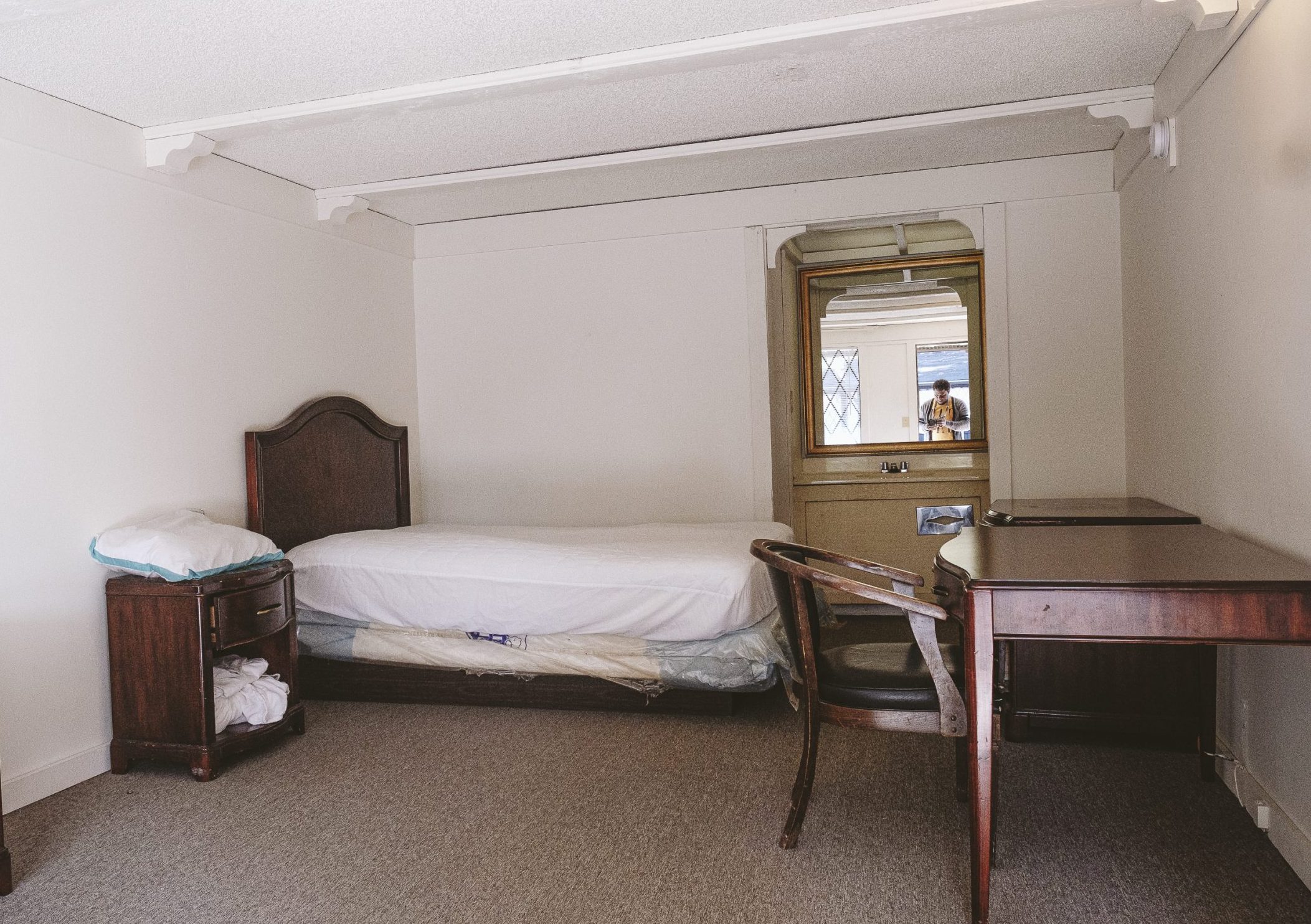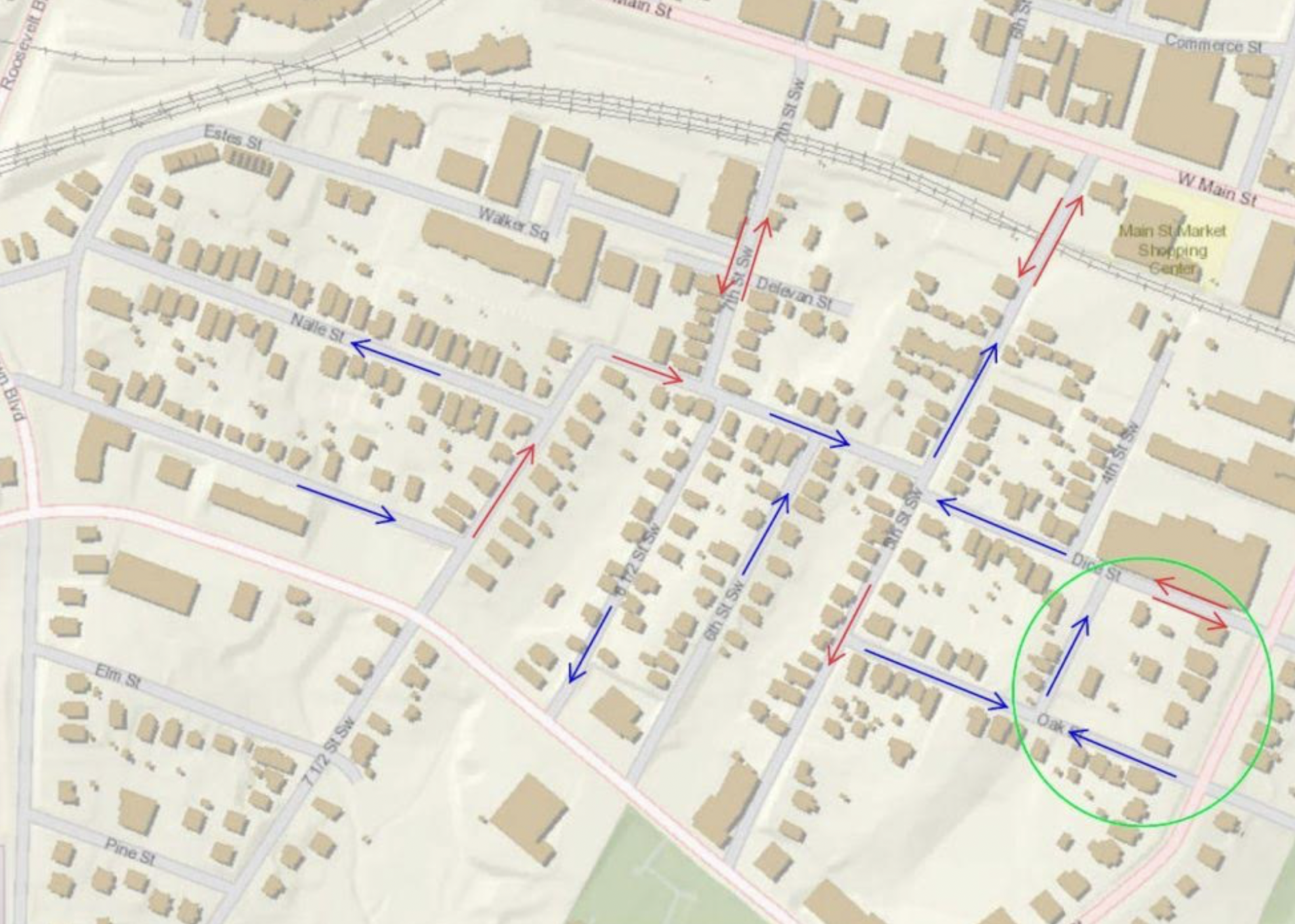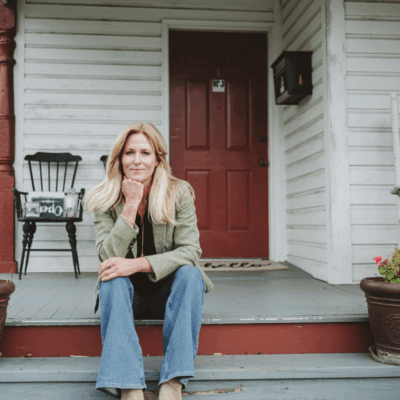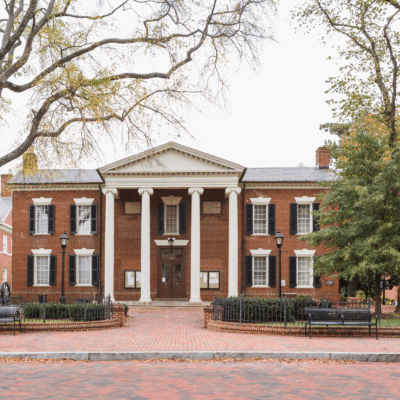After years of public debate over Charlottesville’s housing woes, City Council adopted a new Future Land Use Map last fall, which advocates for increasing housing density across the city—and in turn, creating more affordable housing. Last month, city staff began the lengthy process of rewriting an outdated zoning ordinance, something that could take a year or longer.
During a virtual town hall last week, local residents again stressed the desperate need for emergency and affordable housing in Charlottesville. The city’s Human Rights Commission, the forum’s host, plans to use the community input to guide its future advocacy on the subject.
Resident Sage Boyer discussed the struggles she has faced finding affordable housing as a disabled person. “Most of the affordable housing in Charlottesville is unaffordable to people that are on SSI and SSD. We only usually make $841 a month, and most of the low income places are like around $800 a month,” she said.
While some people move to surrounding rural areas to find cheaper housing, relocating to the country can be more difficult for disabled people, said Daniela Pretzer of the BridgeLine nonprofit. “It is important to live in Charlottesville for people like that or close because of the medical community around here,” she said.
And the affordable housing options in nearby counties are often in poor condition, added Boyer, who has lived outside the city.
“They’re privately owned, cash only—they’re basically just homes owned by slumlords. There’s generally mold, things that are broken, things that don’t work right. These places are just absolutely disgusting,” she said.
Anna Mendez of Partner for Mental Health highlighted the additional housing barriers faced by people living with mental illness. More low-barrier shelters like the former Red Carpet Inn off Route 29—now run by Thomas Jefferson Area Coalition for the Homeless and People and Congregations Engaged in Ministry—are especially needed, connecting guests to mental health services, substance abuse treatment, medical care, and other community resources.
“Many of our community members who have been banned from emergency housing options, including the Salvation Army and PACEM, are disproportionately people that live with mental health diagnoses,” explained Mendez.
To properly address homelessness, entrepreneur and activist Gwen Cassady, who has been homeless four times, suggested Charlottesville follow Finland’s housing first approach, which provides people experiencing homelessness with permanent housing—no strings attached—and then helps them address issues, like mental illness and substance abuse. The concept has been wildly successful—less than 1 percent of Finland’s population is currently homeless, according to the Housing Finance and Development Centre of Finland.
A variety of affordable housing projects are currently in the works in and around Charlottesville. Last year, the city kicked off the redevelopment of South First Street public housing, and is expected to complete the first phase of the 175-plus-unit project this spring. This year, the Piedmont Housing Alliance broke ground on 450 new units at Friendship Court, which will take around eight years to complete.
By 2024, Virginia Supportive Housing plans to build 80 permanent housing units at the motel-turned-shelter at Premier Circle, and will make them available to disabled individuals who chronically struggle with homelessness. The Piedmont Housing Alliance will also build 60 affordable housing units—to be rented for no more than 30 percent of the gross income of future residents—on the property.
And over the next decade, the University of Virginia has pledged to support the development of 1,000 to 1,500 units of affordable housing in Charlottesville and Albemarle County. The university has selected three prospective sites—all owned by the university or the UVA Foundation—for the units: UVA’s Piedmont community off Fontaine Avenue, portions of the North Fork UVA Discovery Park on Route 29, and the 1010 Wertland St. building at the corner of Wertland and 10th Street. It plans to issue a Request for Qualifications from developers this spring.
But UVA could do more to address the city’s housing crisis now, claimed Rich Gregory of The Alliance for Interfaith Ministries during the town hall. He suggested the school use empty dorm rooms to provide emergency housing.
“Ideally, UVA would have 100 free rooms available at any time, with wardens and support people so that homeless people could make use of this facility,” said Gregory.
Gregory also emphasized the long wait lists for most of the city’s current affordable housing options, requiring residents to wait months or years for a spot to open up. In Charlottesville, there are 1,000 people on a wait list for an affordable housing voucher, according to Virginia Public Media.
Additionally, rent hikes have made it even harder to find housing that can be fully covered by vouchers, explained Nancy Carpenter, prevention coordinator for The Haven day shelter. She urged the city to increase voucher amounts from 125 to 150 percent of fair market value.
Charlottesville Redevelopment and Housing Authority Executive Director John Sales explained that, without additional funding, the agency will not be able to give out as many vouchers if their value is increased. “HUD is not funding it at the level it needs to be funded,” he said.
Activist Ang Conn stressed the need for rent freezes and rent caps. (The city needs permission from the state government to implement such measures.)
“I checked an apartment complex that was just $1,300 about four weeks ago,” she said. “It is now $1,519.”





